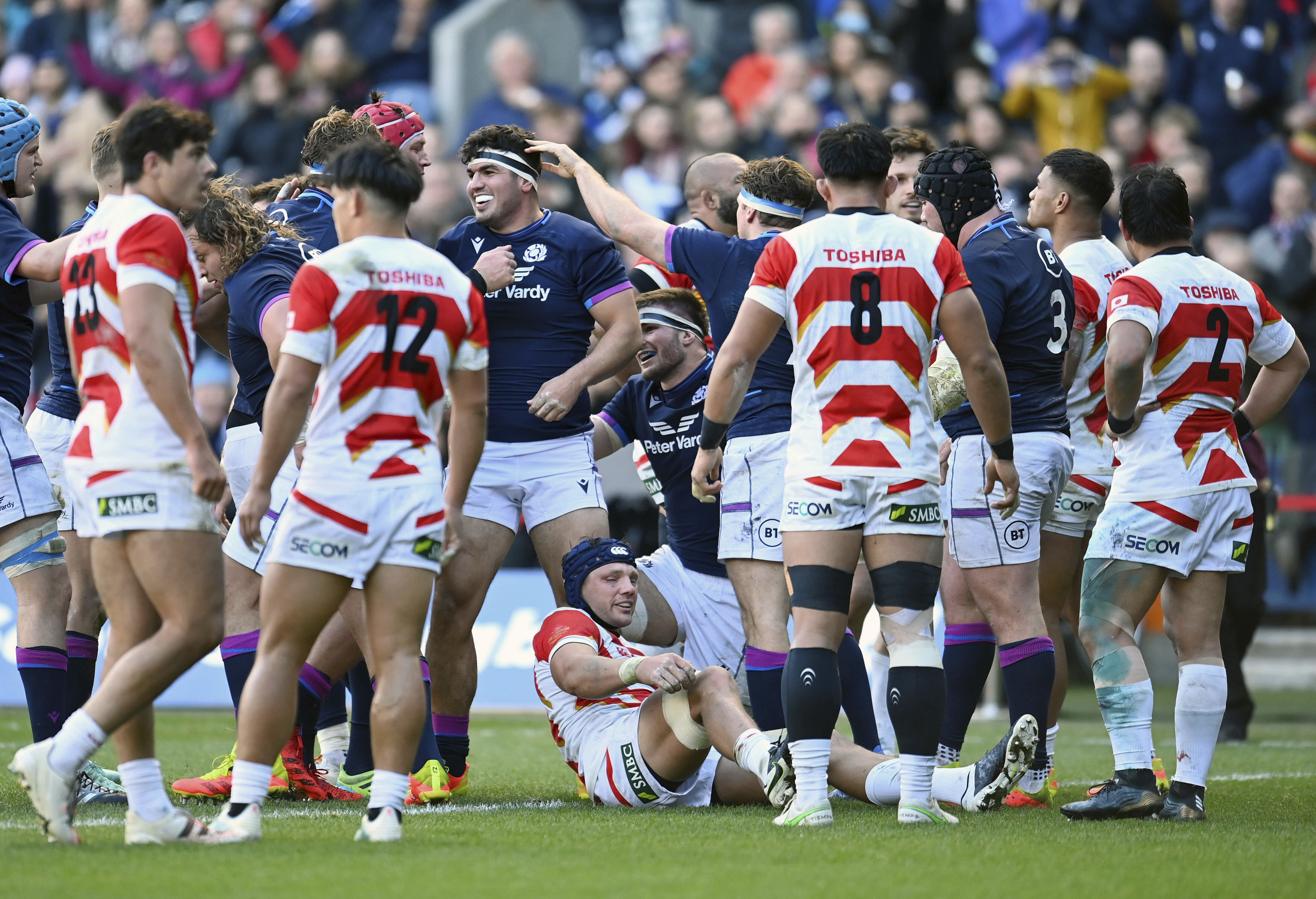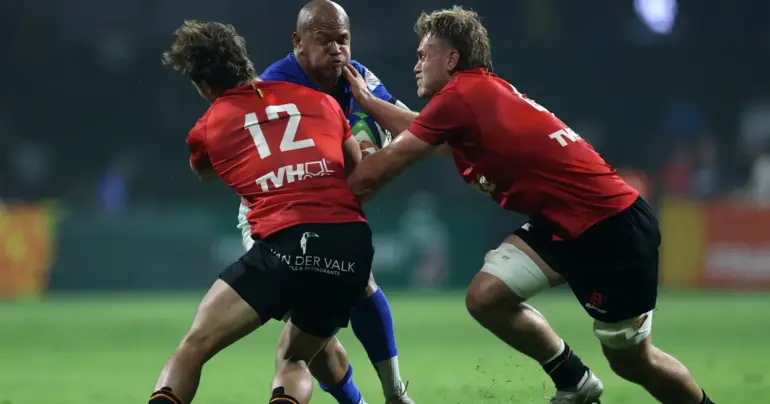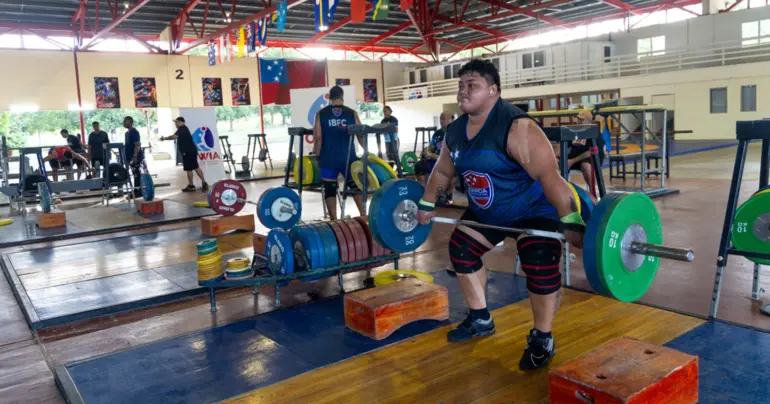Japan rugby's new League One thinks big, aims global
WELLINGTON, New Zealand (AP) — Japan’s new-look professional rugby competition will launch next month with bold ambitions to win not only a domestic but a global audience, to attract the world’s best players and to expand the sport's foothold in Asia.
Lotte Corporation president Genichi Tamatsuka, a former college rugby player who is now one of Japan’s most influential business leaders, has been appointed to run Japan League One, which kicks off Jan. 7 with competition among 24 teams across three divisions.
The league has the financial backing of corporate heavyweights such as Nippon Telegraph and Telephone, Mitsubishi UFJ Financial Group, Daiwa Securities Group and HITO-Communications. Team owners are a directory of Japan’s largest corporations: Panasonic, Toshiba, Kobe Steel and Toyota among them.
In outlining his vision for the new league, Tamatsuka says “a totally different world is coming.”
But some countries with established competitions may be looking warily toward Japan and to a league which, unfettered by salary caps, might prove irreristible to the world’s best players.
Tamatsuka said League One was inspired by the success on home soil of the Japan national team at the 2019 Rugby World Cup. Japan became the first Asian nation to host the quadrennial tournament and the first to reach the World Cup quarterfinals, beating Ireland and Scotland in the group stage.
The team’s success broke through the usual indifference of most Japanese sports fans to rugby and for the duration of the tournament the nation was captivated.
“All of Japan including kids, women, men, everybody was so excited for about six weeks. That was amazing," Tamatsuka said. "We realized the potential of the rugby game. Maybe the spirit and values of rugby which are integrity, maybe solidarity, respect and one for all, those things are quite aligned with Japanese culture.
"So we thought this is really an opportunity to push up rugby as a sport more highly and let’s aim high.”
League One replaces the Japan Top League, which already was a magnet for some of the world’s best players, offering high salaries for a season of relatively short duration compared with the British and European leagues. A total of 185 foreign players participated in the Top League in its final season, including 44 from the world’s top eight nations.
The league’s chief operating officer Hajimi Shoji doesn’t deny the league will be ambitious in its efforts to attract non-Japanese players. A strict salary cap is not allowed under Japanese law but some form of salary constraint is being considered. At the same time, the league aims to be competitive in its pursuit of world rugby’s stars.
“The competition to get good players from the global market is surely becoming tougher and I think the environment in which to play rugby and the compensation are very important to keep our attractiveness to the non-Japanese players,” Shoji said. “Here, the teams and companies are making a heavy investment to make a better environment and, in terms of compensation, I think the rugby market expansion itself is very important."
Shoji said the competition organizers were working with partner companies on a “compensation value program” to make financial conditions better for players.
“Beyond that I think our salary level for non-Japanese players will be kept or even improved,” he said. "We’d like to keep our competitive advantage to get non-Japanese players.”
League One’s ambitions ultimately are global. Cross-border matches, possibly with southern hemisphere teams, might occur as early as its second season and discussions already have occurred about a more global club competition. Japan had a franchise, the Sunwolves, in Super Rugby but its involvement ceased when the COVID-19 pandemic shut down the competition last year and forced it to condense primarily into a league for teams from New Zealand and Australia.
“We will have the domestic competition in the first year,” Tamatsuka said. “However, we are seriously seeking to have the opportunity to have the global-level competition.
“We have been talking to the various clubs, various countries and we are seeking that opportunity to really push up the value of this new league. I think the discussion is going quite well. We are quite positive.”
League One’s early focus is on Asia and on establishing rugby in a thriving marketplace.
“I really feel the potential of Asia,” Tamatsuka said. “Already the biggest market in terms of GDP is Asia and after 2030, 60 percent of growth is coming from Asia.
“So Asia is the kind of the future growth potential. We do not have a great (existing) league like you have in the southern hemisphere or France or England, so we have to become the symbol of the league in Asia.”
___
More AP rugby: https://apnews.com/hub/rugby and https://twitter.com/AP_Sports











